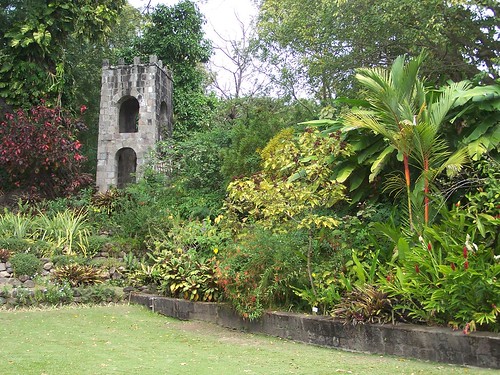ST. KITTS
 |
| St. Kitts 1794 <http://www.garwood-voigt.com/catalogues/H26390KittsEdwards.jpg> |
St. Kitts, originally named St. Christopher's, was one of the four small English Leeward Islands in the West Indies, along with Antigua, Nevis and Montserrat (as distinguished from the Windward Island of Barbados, larger and settled earlier.) The terms windward and leeward are puzzling, until one learns they are relational, describing the geographical placement of the islands in relation to one another and the direction of the wind.
 |
| Windward/Leeward Chart. http://geology.com/world/leeward-islands-windward-islands.gif |
First settled by the British in 1627 point, St. Kitts and Nevis are, since 1983, a single independent country, both a parliamentary democracy and a part of the Commonwealth of Britain and its former colonies.
Ouladah Equino describes searing cruelty to escaped slaves on St. Kitts (181). St. Kitts was one of the earliest British sugar islands, and in the eyes of many, one of the most fertile and productive, despite a hilly, volcanic interior . It was, probably, that very brutality chronicled by Equiano which accounted for the 18th century published statement that "its valleys 'yielded all the West Indian productions in perfection'" (Zacek 17).
Today, St. Kitts is dependent upon the tourist and cruise industry. Like much of the Caribbean, it contains many historical sites. In this case, there is an unusual one, the place where 2000 Carib Indians were massacred by Europeans, French and English aligned, in 1626 at Bloody Point/Stone Fort. A former plantation now named Romney Manor
 | ||
| Romney Manor gardens, complete with folly. |
In addition to its literary identity in the 18th century, St. Kitts possesses its 21st century literary fame as the birthplace of noted post-modern and post-Colonial Caribbean author Caryl Phillips.
GRENADA
 |
| http://upload.wikimedia.org/wikipedia/commons/thumb/8/83/Grenada-map.png/250px-Grenada-map.png |
It is probably most well known to Americans as a place the United States invaded in 1983 under Ronald Reagan. President Reagan was afraid that the island, under a Communist government, would be an ally of Cuba and its airstrip a place to launch heavy military planes. This military action was condemned by many.
Historically, it was initially a sugar island, but because primarily a "spice island," after 1782, when spices were planted.
Grenada is indeed nicknamed "the Spice Island," and is still famous for cinnamon, cloves, ginger, allspice, orange/citrus peels, wild coffee used by the locals, and especially nutmeg, which provides 20% of the world's crop and a primary source of income for Grenada.
 |
| http://wwwdelivery.superstock.com/WI/223/1746/PreviewComp/SuperStock_1746-642.jpg |
It is easy to see why tourism is the other main industry in Grenada.
 |
| http://www.destination360.com/caribbean/images/s/grenada.jpg |
